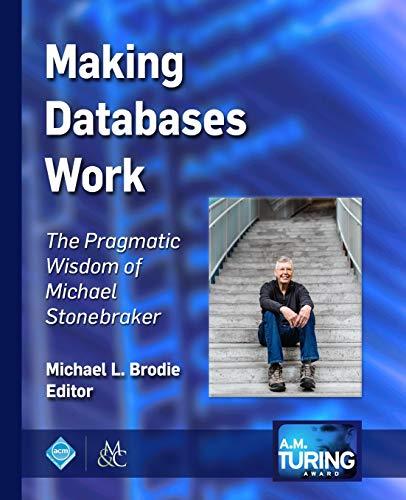Q1) how the value within brackets in the new statement is a variable value entered by the user (i), not a constant value: p= new
Q1) how the value within brackets in the new statement is a variable value entered by the user (i), not a constant value: p= new (nothrow) int[i]; But the user could have entered a value for i so big that our system could not handle it. For example, when I tried to give a value of 1 billion to the "How many numbers" question, my system could not allocate that much memory for the program and I got the text message we prepared for this case (Error: memory could not be allocated). Remember that in the case that we tried to allocate the memory without specifying the nothrow parameter in the new expression, an exception would be thrown, which if it's not handled terminates the program. It is a good practice to always check if a dynamic memory block was successfully allocated. Therefore, if you use the nothrow method, you should always check the value of the pointer returned. Otherwise, use the exception method, even if you do not handle the exception. This way, the program will terminate at that point without causing the unexpected results of continuing executing a code that assumes a block of memory to have been allocated when in fact it has not.
Step by Step Solution
There are 3 Steps involved in it
Step: 1

See step-by-step solutions with expert insights and AI powered tools for academic success
Step: 2

Step: 3

Ace Your Homework with AI
Get the answers you need in no time with our AI-driven, step-by-step assistance
Get Started


